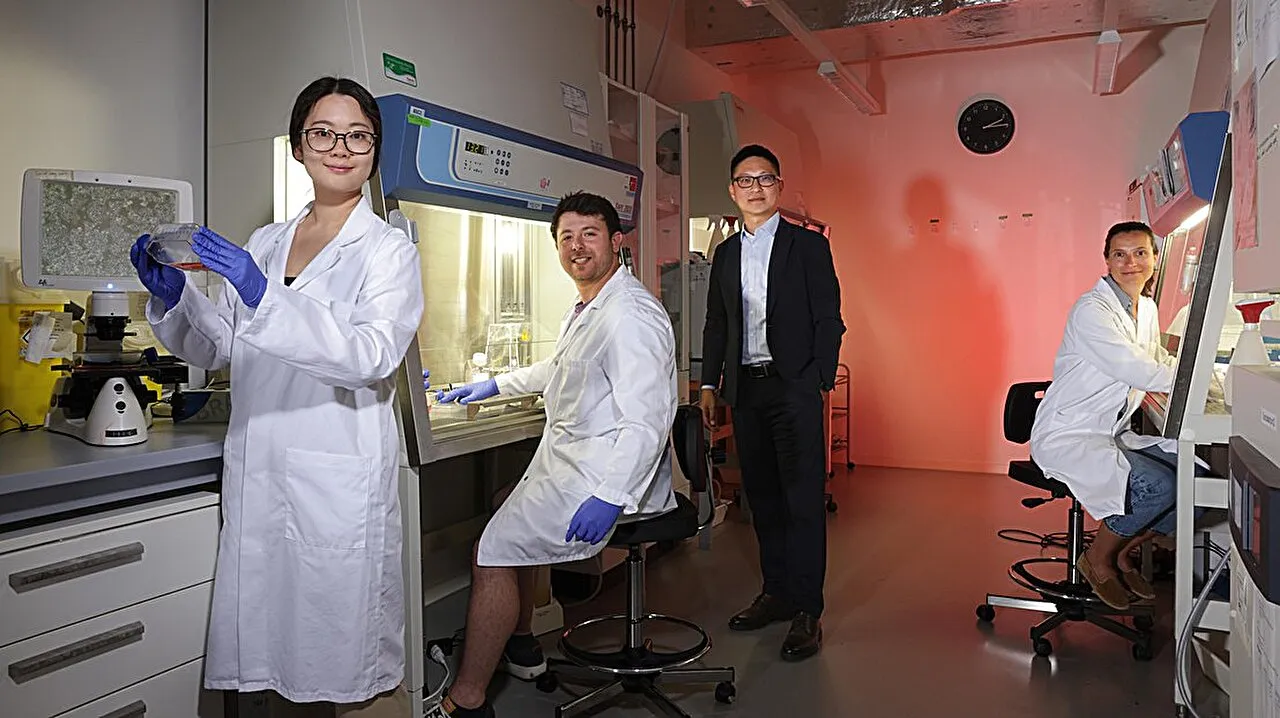Medicine Research: Unexpected Immune Response and Its Role in Long-Term Cancer Remission

Groundbreaking Findings in Medicine Research
Recent medicine research indicates that the immune response generated during parasitic infections might significantly influence cancer treatment outcomes. A collaborative study combining epidemiological data from patients and preclinical research in mice showcases the potential of a type 2 immune response to foster long-term remission in cancer patients.
Research Implications and Future Directions
This unprecedented discovery highlights the need for further health research targeted at understanding immune mechanisms. By leveraging insights from health science, researchers aim to develop innovative therapeutic strategies that harness the body’s immune defenses against cancer.
This article was prepared using information from open sources in accordance with the principles of Ethical Policy. The editorial team is not responsible for absolute accuracy, as it relies on data from the sources referenced.